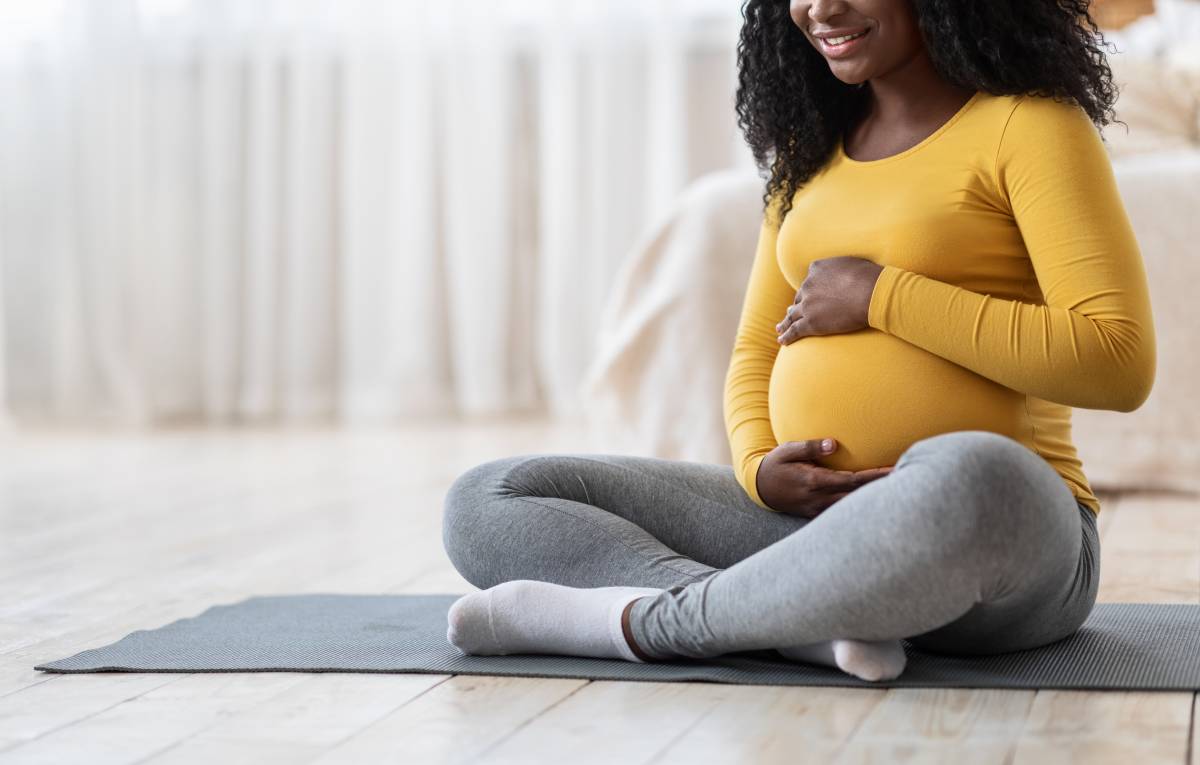PhysioUpdate 13th December 2022

Physiotherapy manager and clinical specialist Claire Jeffries has likened the therapeutic benefits of hydrotherapy to ‘gold dust’. Claire’s positive evaluation of the approach appears in an article that was published last week (7 December) on Solent NHS Trust’s website.
It was welcomed in a tweet by Chartered Society of Physiotherapy chief executive Karen Middleton. The society is encouraging its members to campaign to keep NHS pools open. See: https://www.csp.org.uk/frontline/article/no-hydrotherapy-pools-no-way
Claire said: ‘Working together with our colleagues from the critical care unit at Portsmouth Hospitals University NHS Trust to enable ventilator patients to access hydrotherapy treatment is so beneficial for the patient. It helps us start the recovery work earlier, so patients can get better and back home quicker.’
She added: ‘I feel privileged that we can offer this sort of treatment. It is like gold dust – it’s a wonderful therapy to treat patients.’
The article describes how hydrotherapy has helped a patient called Mark Hobbs, who was diagnosed with Guillain-Barre syndrome earlier this year.
[Hydrotherapy] helps us start the recovery work earlier, so patients can get better and back home quicker. I feel privileged that we can offer this sort of treatment [Claire Jeffries]
Progress since August
Another firm advocate for hydrotherapy is Claire’s colleague physiotherapist Laura Papineau, who has worked at the pool at Queen Alexandra Hospital in Portsmouth for 13 years. She said: ‘Mark was on a ventilator for seven months. When he first started hydro in August, he was able to move his arms and legs out to the side and back in again, whereas on dry land he can’t access those movements yet.
‘What this means is that we can start to get the muscles working again far sooner than we could have done if we weren’t using the hydrotherapy pool – it aids a speedier recovery of muscle function to allow people to get home more quickly.'
Claire is delighted with Mark's progress: ‘Mark is at Portsmouth Hospitals neuro rehabilitation ward at QAH and having a full rehab team approach with hydro, occupational therapy and land-based physiotherapy, alongside his medical and nursing care needs.'
Mark, who is now able to walk in the pool and is continuing to get stronger with every twice-weekly session, added: ‘All the staff have been amazing. The first time I felt myself move in months was in the pool and it was so amazing. I look forward to taking my wife [Suzi] out when I recover. She has been my rock.’
To read the full version of the article, visit: https://www.solent.nhs.uk/our-stories/blogs/posts/2022/december/the-healing-nature-of-hydrotherapy

Pregnant women should refer themselves to an experienced physiotherapist if they experience pain during or after doing Pilates exercises, according to the Pelvic Obstetric and Gynaecological Physiotherapy (POGP) professional network.
The advice is contained in a booklet titled Pilates in Women’s Health Physiotherapy – one in a series aimed at members of the public tackling key health topics that can be downloaded free of charge from the POGP’s website. Visit: https://thepogp.co.uk/patient_information/
Warning signs
Other warning signs that pregnant women should look out for – and seek help from a specialist physiotherapist if they occur – include pregnancy-related pelvic girdle pain and being diagnosed with diastasis rectus abdominis.
It is important to find a physio with experience in treating women with pelvic and pelvic floor muscle problems, the booklet advises readers. ‘She will be able to assess you and offer specific treatments/alternatives that are suitable for your needs,’ the booklet notes.
The Pilates booklet contains diagrams and instructions for 17 exercises, to be completed in a variety of positions: standing, lying and on hands and knees. Among other pieces of advice, pregnant women are warned: ‘As with all exercise regimes, do not exercise when you feel unwell or very tired.’
Exercise benefits
The benefits of following a Pilates regime are manifold, readers are told: ‘Pilates-based exercises in women’s health encourage the pelvic floor muscles to work with the deep tummy muscles to build up the strength of your trunk, encourages you to move well and be active with confidence.
‘Exercise has been shown to lower the chance of depression and improves the feeling of wellbeing.’
Two other booklets released by the POGP in recent weeks are titled The Pelvic Floor Muscles - A guide for women who are having or have had pelvic radiotherapy, and Exercise and Advice after the loss of your baby.
For the first time, the network has launched a series of booklets, written by trans/non-binary people working alongside POGP members.The titles are as follows
Pelvic floor muscle exercises and advice - A guide for trans men, trans masculine and non-binary people (who were assigned female at birth)
Pelvic floor muscle exercises and advice - A guide for trans women, trans feminine and non-binary people (who were assigned male at birth)
Fit following surgery - Advice for trans men, trans masculine and non-binary people following hysterectomy
The resources are ideal for non-pelvic health physios working with patients who have pelvic floor issues affecting bladder and bowel in men and women [Kate Lough, POGP]
Physiotherapists wishing to obtain sets of professionally printed versions of the booklets can submit orders (which incur a modest charge) via the network’s website.
Want to receive newsletters?
Join Us
Sign up today for membership and get...
✓ Regular newsletters✓ Full website access
✓ Sponsor Benefits
We’ll keep you connected so you’ll NEVER MISS AN UPDATE!
Join Here




